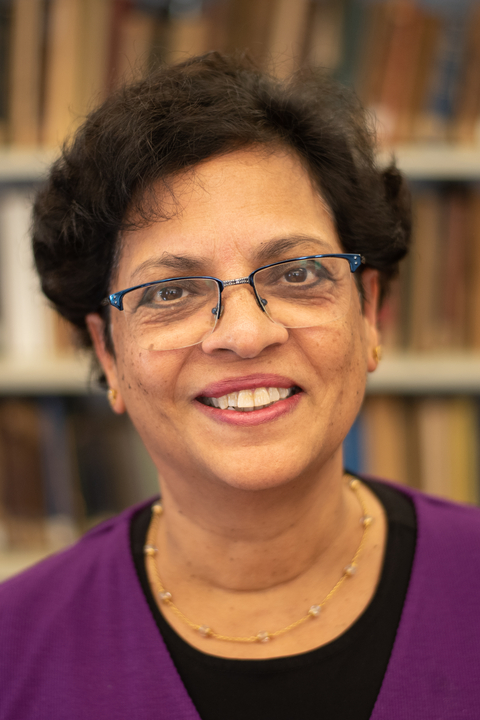Yale offers a program of studies that leads toward an understanding of phonological (sounds), syntactic (grammar), and semantic (meaning) structure, and that exposes students to descriptive, experimental, and historical approaches to the study of language.
Program requirements
The major offers the opportunity of applying a variety of methodologies to the study of language: fieldwork, introspection and analysis of native speakers’ judgments, experimental investigations of normal and impaired language processing, laboratory phonetic analysis, computational and mathematical modeling, and language description based on existing texts.
Because the study of human language intersects with cognition and culture, Linguistics is necessarily interdisciplinary, and our students can also take courses in related fields, such as Anthropology, Classics, Cognitive Science, Computer Science, English, Philosophy, Psychology, or foreign languages. Some parts of linguistics are more like humanities subjects, involving qualitative or introspective analysis, while others are quantitative, experimental, or computational.
Course requirements
Linguistics majors must fulfill all Yale College requirements for the undergraduate curriculum.
In addition, majors must complete 12 term courses in Linguistics and related majors (including the senior requirement), with the following distribution. All specific course requirements can be found in the Yale College Program of Study.
The department has courses in eight core areas of linguistics. All majors must take a specific 200-level course in two of these core areas (Phonology and Syntax).
- Phonology (Ling 232 required)
- Syntax (Ling 253 required)
In addition, at least one course must be taken in any two of the six remaining core areas of linguistics.
- Computational linguistics
- Historical linguistics
- Language and mind/brain
- Morphology
- Phonetics
- Semantics/pragmatics
In one of the eight core areas of linguistics listed in Breadth requirements , students must take two additional courses beyond the introductory level.
For example, if a student wants to focus on Historical Linguistics, they would take LING 112 “Historical Linguistics” to fulfill the breadth requirement. This course is taught at an introductory level. To fulfill the depth requirement, they might take LING 212 “Linguistic Change” or LING 219 “Evolution of Language and Culture”, and a seminar in Historical Linguistics.
Four additional courses relating to linguistics are required, at least one of which must be at the 200 level or above. Electives may be chosen from courses offered by the Linguistics department or, with approval of the Director of Undergraduate Studies, from courses in related programs such as Anthropology, Classics, Cognitive Science, Computer Science, English, Philosophy, Psychology, or Languages Other than English.
The Linguistics major also has a Research Requirement and a Senior Requirement. Typically, Linguistics majors enroll in two courses in their final year, which respectively fulfill these two requirements.
- LING 490 (Research Methods in Linguistics; offered in Fall)
- LING 491 (The Senior Essay; offered in Spring)
Taken together, both courses help senior students in developing their senior thesis, which is the capstone requirement of the major.
Getting started in the major
We recommend that students interested in majoring in Linguistics also begin with an introductory course.
Combined BA/MA program
Exceptionally able and well-prepared students may complete a course of study leading to the simultaneous award of the B.A. and M.A. degrees after eight terms of enrollment. See “Simultaneous Award of the Bachelor’s and Master’s Degrees” under “Special Arrangements” in the Academic Regulations of the Yale College Programs of Study. Interested students should consult the director of undergraduate studies prior to the sixth term of enrollment for specific requirements in Linguistics.
Director of Undergraduate Studies
Dorothy R. Diebold Professor of Linguistics
